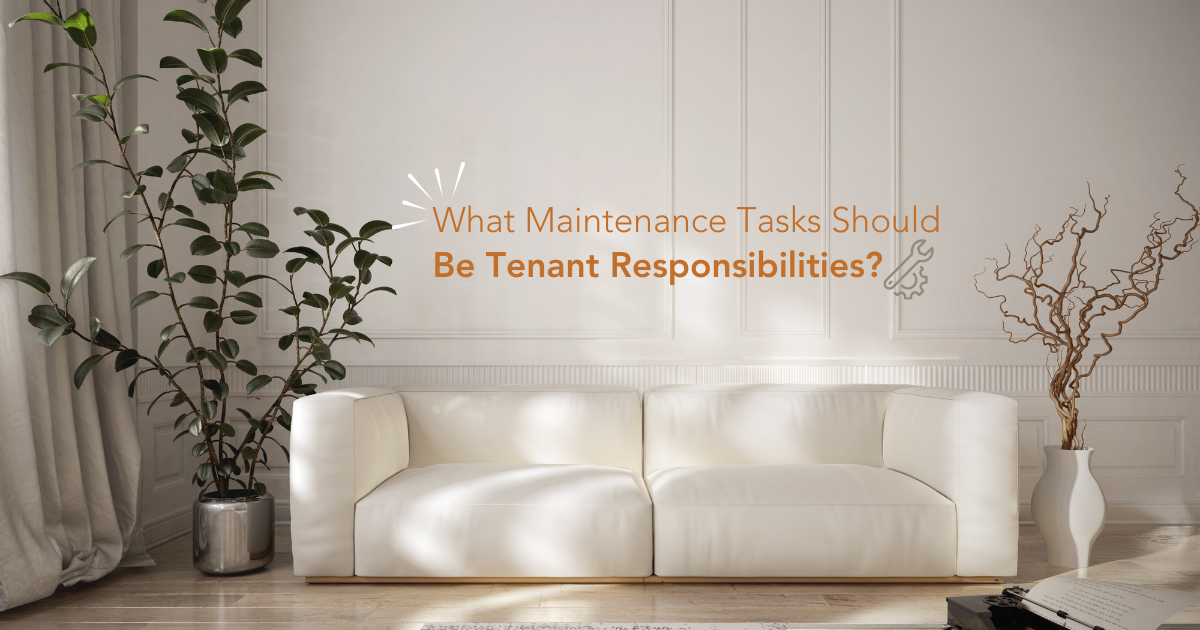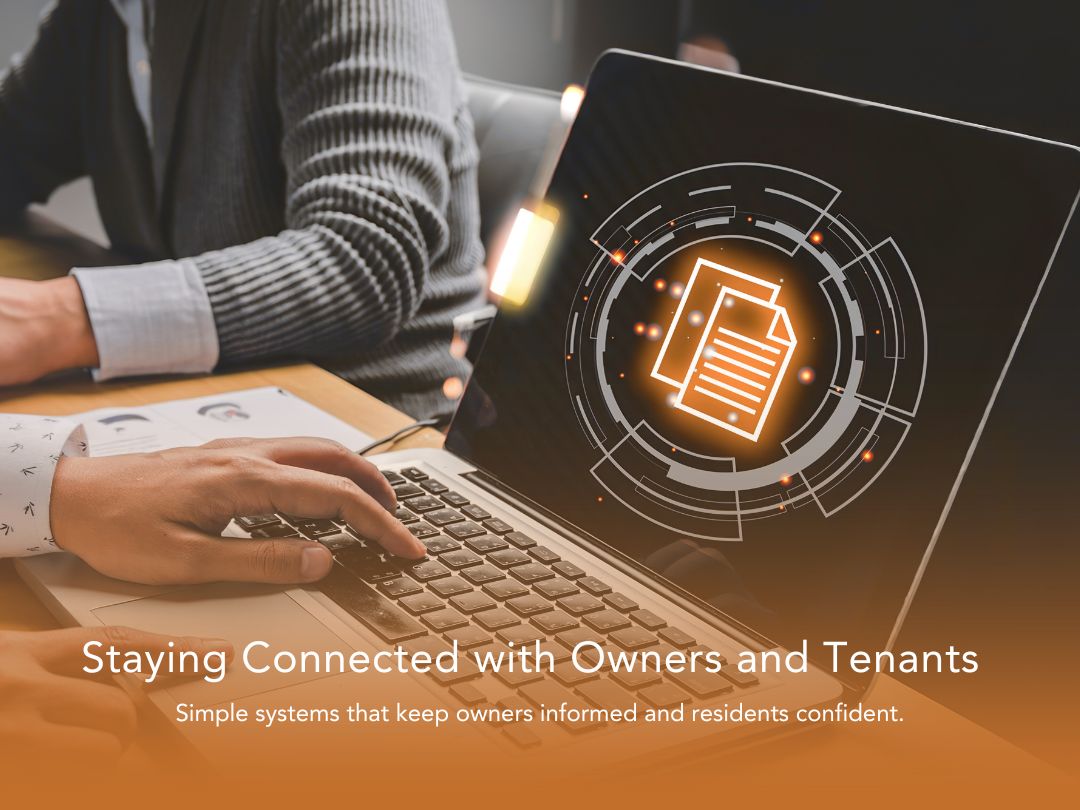As a landlord, the balance between saving time and money on property maintenance and ensuring the upkeep of your investment is a delicate one. A common question that arises is: What maintenance tasks can be delegated to tenants, and where should landlords draw the line?
In this article, we explore the considerations for allocating maintenance responsibilities in both commercial and residential leasing scenarios.
Commercial Property Lease Agreements
In the commercial leasing landscape, it's customary for lease agreements to designate certain maintenance tasks as the responsibility of tenants. These agreements often outline specific obligations, ranging from fixtures to floors and walls.
However, structural repairs and significant system amenities, such as HVAC systems, typically remain the duty of the landlord. The nature of leasing to businesses allows for greater tenant responsibilities, backed by a framework of liability and protection.
Residential Tenants
While landlords may have the freedom to allocate more repair and maintenance responsibilities to residential tenants, it's essential to assess the feasibility and implications. Local ordinances should be checked to ensure compliance, as some areas may restrict the extent of responsibilities that can be transferred to tenants.
Consideration for Tenant-Mandated Repairs
Landlords may contemplate assigning tenants responsibilities for minor repairs, especially those with a cost below a certain threshold, say $100. However, caution is advised. In competitive rental markets, introducing clauses that make tenants responsible for repairs could deter prospective tenants. In a less competitive market, where choices are limited, such clauses may be accepted but may not be the best long-term strategy.
Tasks Suitable for Tenants
To strike a balance, landlords should focus on assigning tenants tasks that align with their interests and are feasible for them to perform. These may include changing lightbulbs, replacing batteries in smoke detectors, addressing damages directly caused by the tenants, proper waste disposal, and maintaining overall cleanliness and safety.
Clear Communication and Expectations
Before delving into specific maintenance responsibilities, however, it's essential to establish clear lines of communication and set expectations. Include detailed information in the lease agreement regarding the maintenance tasks expected of tenants. This transparency helps prevent misunderstandings and ensures that both parties are on the same page from the beginning.
Routine Cleaning and Upkeep
1. Routine Cleaning: Tenants can be responsible for routine cleaning tasks such as vacuuming, sweeping, and mopping floors, as well as cleaning countertops, appliances, and other surfaces. This helps maintain a sanitary living environment.
2. Lawn and Garden Maintenance: If the property has a garden or lawn, tenants can be tasked with basic maintenance, including mowing the lawn, weeding, and watering plants. However, landlords should provide the necessary tools and guidelines.
3. Replacing Lightbulbs: Tenants can take on the responsibility of replacing lightbulbs as they burn out. This simple task enhances the overall safety and functionality of the property.
Minor Repairs and Fixes
1. Minor Plumbing Issues: Tenants can be expected to address minor plumbing issues, such as unclogging drains and fixing running toilets. Clear guidelines should be provided, and tenants should promptly report more significant plumbing problems.
2. Replacing Air Filters: Regularly replacing air filters in HVAC systems is a task that tenants can manage. This contributes to the efficiency of the system and helps maintain indoor air quality.
3. Door and Window Maintenance: Tenants can be responsible for tasks like lubricating door hinges, tightening loose doorknobs, and addressing minor window issues, such as adjusting blinds or fixing loose handles.
Communication and Reporting
1. Prompt Reporting of Issues: Tenants should promptly report any maintenance issues or concerns to the landlord. Timely reporting allows for swift resolution and prevents minor problems from escalating into major repairs.
2. Understanding Lease Terms: Tenants should familiarize themselves with the terms of the lease agreement, including any specific maintenance responsibilities outlined by the landlord. This ensures a cooperative and informed tenant-landlord relationship.
The Pitfalls of Tenant-Mandated Repairs
While the idea of delegating minor maintenance tasks to tenants may seem appealing, it comes with potential downsides. Tenants, not having a long-term investment in the property, may lack the incentive to promptly address issues. This lack of commitment can result in unreported and unmade repairs, leading to escalating problems that could culminate in costly disasters.
Tenants may opt to overlook or delay reporting maintenance issues, as they bear little consequence in the short term. Unlike homeowners who have a vested interest in preserving their property, renters may not prioritize minor fixes, leading to a backlog of issues for landlords to address.
In the realm of property management, finding the right balance between landlord and tenant responsibilities is crucial. While it may be tempting to offload minor repairs onto tenants, the potential risks and long-term costs should not be underestimated.
Instead, landlords should focus on encouraging tenants to perform simple yet impactful tasks that contribute to the overall well-being of the property. For comprehensive insights into effective property management, reach out to 208.properties today.










